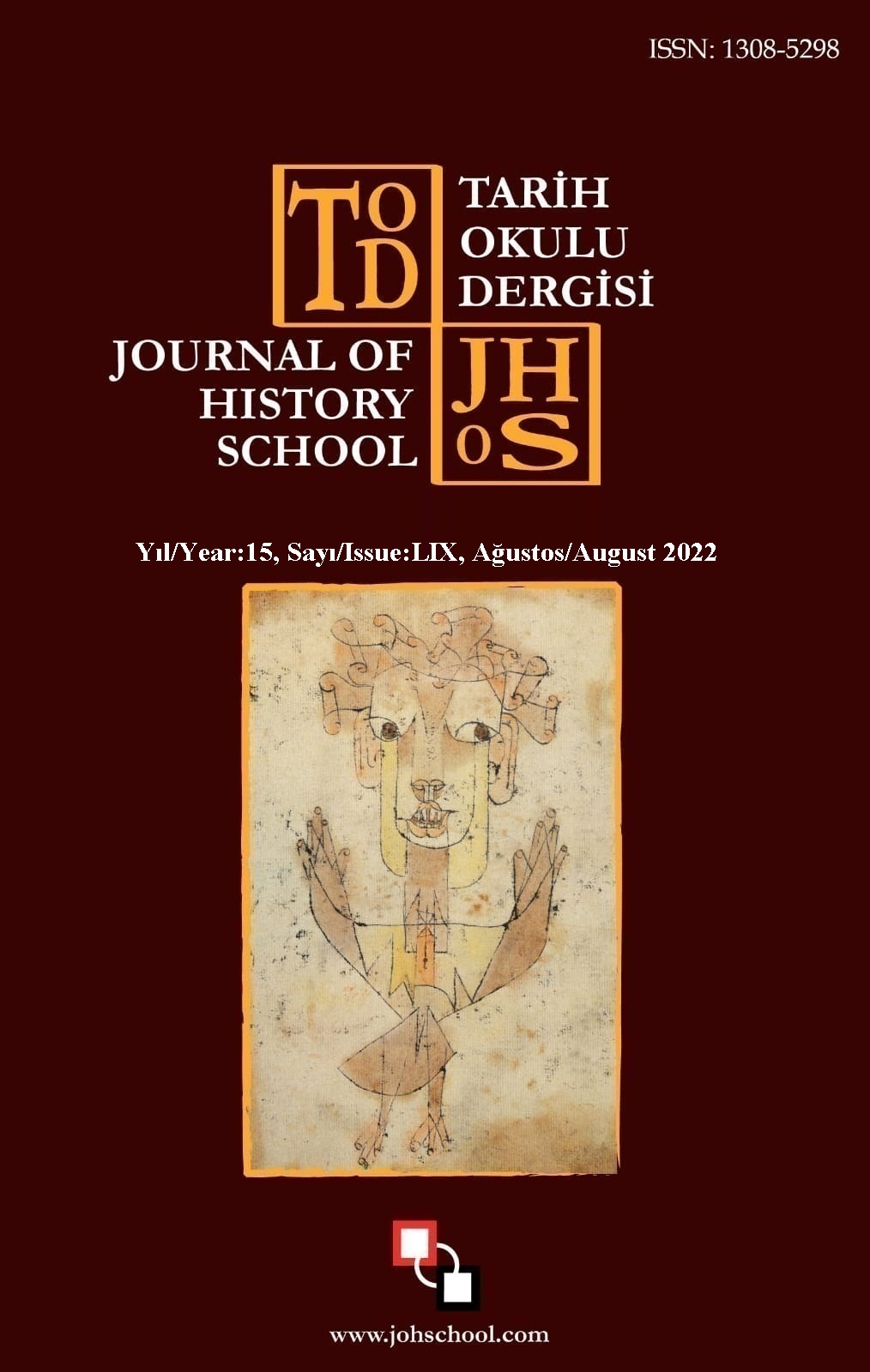YAŞAM TARZLARINA BAĞLI OLARAK ALIŞVERİŞ TERCİHLERİNİN SÜRDÜRÜLEBİLİR TÜKETİME ETKİSİ: ÜNİVERSİTE ÖĞRENCİLERİ ÜZERİNE BİR İNCELEME
Author :
Abstract
Günümüzde tüketici grupları, farklı tüketim kültürleri, tercihleri, alışkanlıkları ve yaşam biçimlerine göre alışveriş yapmaktadırlar. Bu araştırmanın amacı, ülkemizin batı, orta ve doğu bölgeleri üniversitelerinde eğitim gören öğrencilerin, farklı yaşam tarzları olacağı varsayılarak, alışveriş tercihlerinin sürdürülebilir tüketime nasıl bir etki bırakacağının araştırılmasıdır. Araştırmanın evrenini, İstanbul, Ankara ve Van illeri üniversitelerinde öğrenim görmekte olan öğrenciler oluşturmaktadır. Örneklem çerçevesi 315 öğrenci ile sosyal bilimler, fen bilimleri ve güzel sanatlar fakülteleri öğrencilerinden oluşmaktadır. Veriler, çevrimiçi anket yolu, kolayda basit tesadüfi yöntem tekniği ile 2020-2021 eğitim ikinci döneminde toplanmıştır. Bağımsız değişkenin, bağımlı değişken üzerindeki etkisini görebilmek için basit doğrusal regresyon analizi, değişkenler arasındaki ilişkiyi görmek için, Pearson korelasyon analiz teknikleri kullanılmıştır. Bulgu ve analizlere göre; “H1” hipotezi, sürdürülebilir tüketim davranışı ile yaşam tarzı arasında pozitif bir ilişkinin varlığı, “H2” hipotezi, yaşam tarzının, sürdürülebilir tüketim davranışı üzerinde anlamlı bir etkisi olduğu söylenebilir. Sonuç, sürdürülebilirlik noktasında, çevreye duyarlılık, geri dönüşüm, tasarruf, ihtiyaç dışı satın almama, “evrendeki tüketim alışkanlıklarını pozitif yönde anlamlı etkilemektedir” olarak yorumlanabilir. Bu araştırmanın önemi, üniversite öğrencilerinin yaşam tarzlarından yola çıkarak, sürdürülebilir tüketime nasıl, ne kadar eğilim gösterdiklerinin anlaşılması, hedef kitlenin beklenti ve ihtiyaçlarını gidermek noktasında, pazarlama alanına bir katkı sunmak olarak ifade edilebilir.
Keywords
Abstract
Today, consumer groups shop according to different consumption cultures, preferences, habits and lifestyles. This study aims to investigate how the shopping preferences of the students studying at the universities of the western, middle and eastern regions of our country will have an impact on sustainable consumption, assuming that they will have different lifestyles. The population of the research consists of students studying at universities in Istanbul, Ankara and Van. The sample frame consists of 315 students from social sciences, science and fine arts faculties. The data were collected in the second semester of 2020-2021 using the online survey method and the simple random method technique. Simple linear regression analysis was used to identify the effect of the independent variable on the dependent variable, and Pearson correlation analysis techniques were used to see the relationship between the variables. Based on the findings and analysis; it can be said that "H1" hypothesis, there is a positive relationship between sustainable consumption behavior and lifestyle, and "H2" hypothesis, the lifestyle has a significant effect on sustainable consumption behavior. It can be concluded that environmental awareness, recycling, saving, and not buying without necessity have a "positive effect on consumption habits in the study population" in terms of sustainability. The importance of this research can be expressed as understanding the manner and the degree of the tendency of university students towards sustainable consumption based on their lifestyles, and making a contribution to the field of marketing in order to meet the expectations and needs of the target audience.





